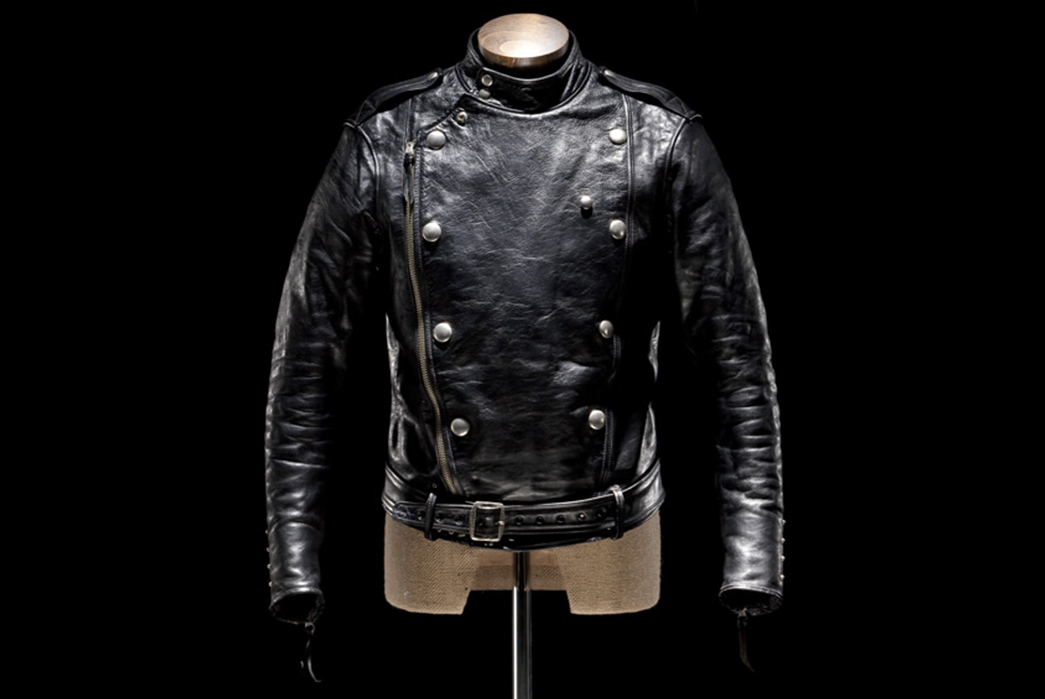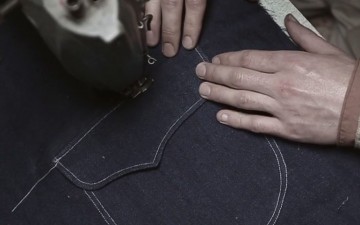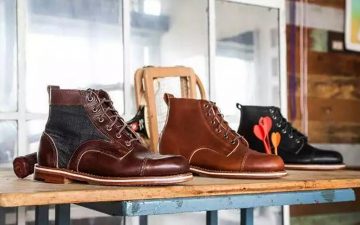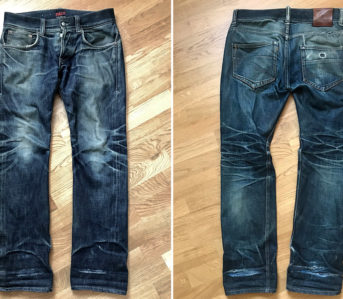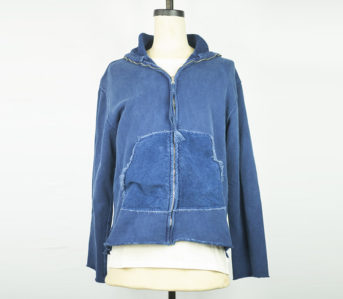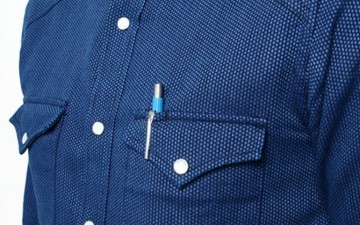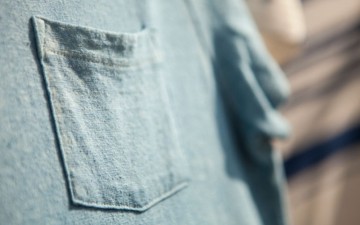Synonymous with heritage clothing, vintage design, and high-quality production methods, Japan has played a central role in creating the culture we find ourselves surrounded by here at Heddels. Whether that is a result of Osaka denim or well-made luggage, there is an inherent quality, luxury, and magnetism when it comes to Japanese brands. But why do we find ourselves drawn to the seemingly exotic garments from the land of the rising sun? Well, they’ve been at it longer than most and have a consistent track record to show for it. Not only that, but the Japanese have also mastered the art of balancing heritage and contemporary, to produce something truly special.
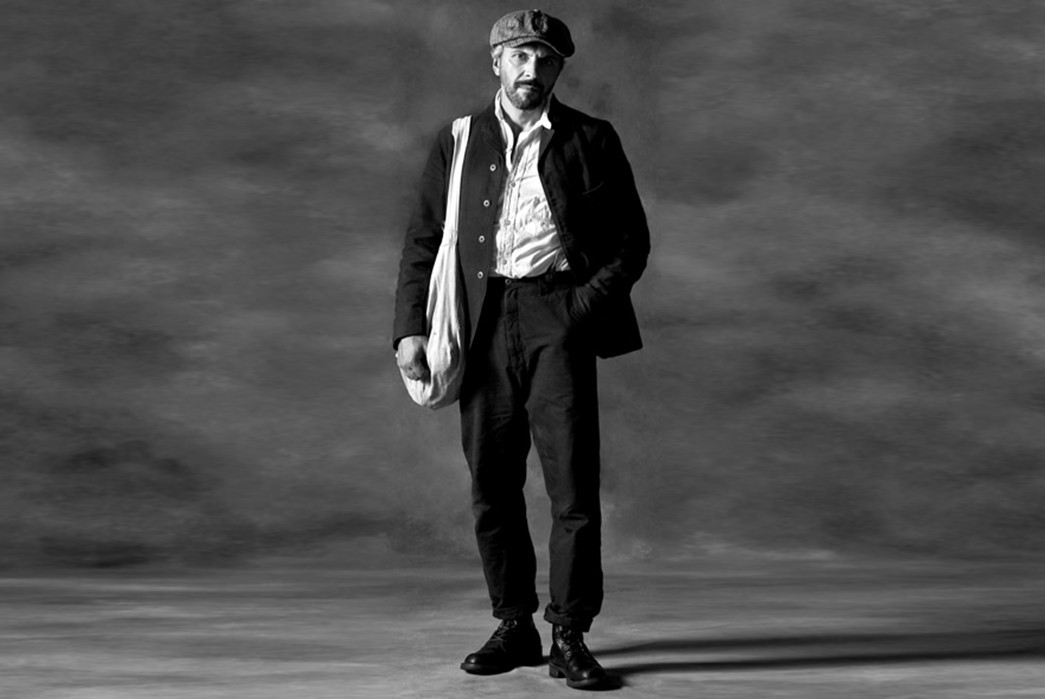
Much of this success is requires us to flip through the history book to the post-war years. Since the late 1940s Japan has been passionate about American culture, clothing and characters. This led to a thriving market for vintage clothing in the decades that followed, with ahead-of-the-curve Japanese vintage dealers flying back and forth to the US in search of vintage Levi’s 501s. Scouring thrift stores and flea markets, the amount of American vintage in Japan continued to increase amongst a steadily growing market of Ivy enthusiasts and Greaser gangs.
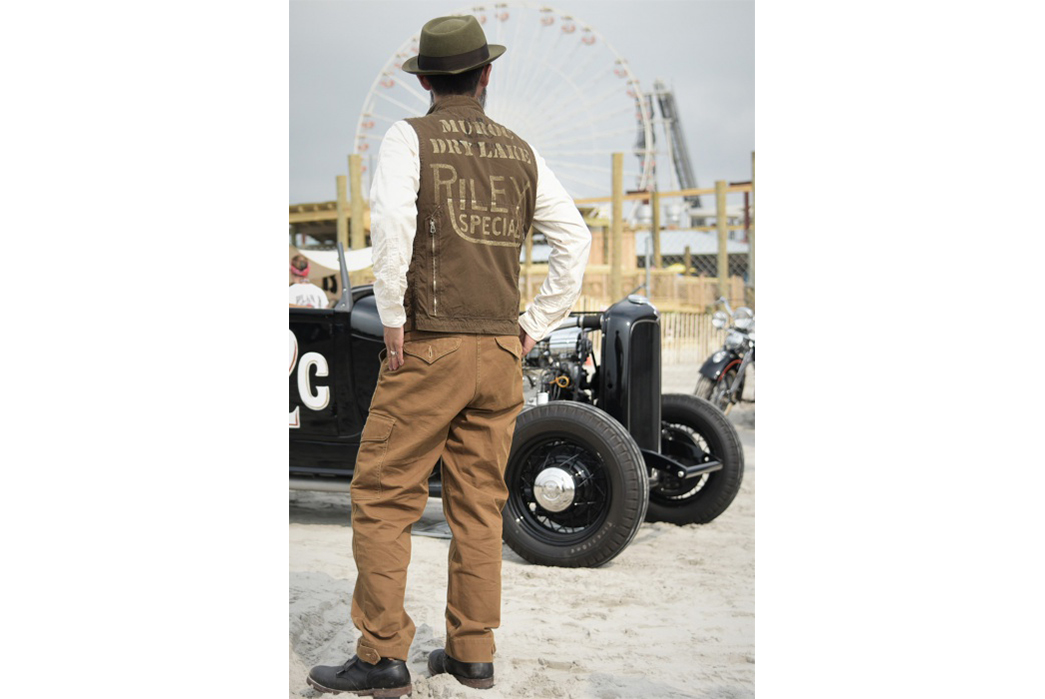
However, when early Twentieth Century vintage clothing became harder to find, the Japanese took matters into their own hands by developing and designing their own. A number of brands rose to prominence and popularity as a result, with Japanese denim soon becoming known as some of the finest in the world. At this point, it could be said, the Japanese vision had stepped up a gear and moved into a new era of style.
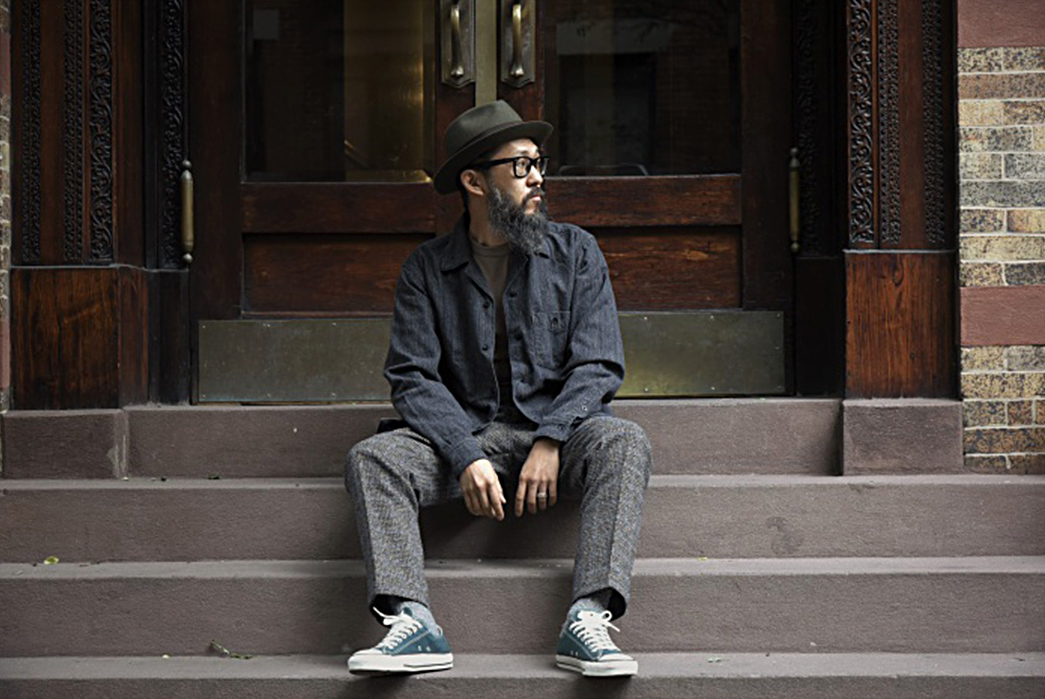
One brand which has developed a loyal and steadfast following on both sides of the Pacific is Freewheelers. Established in Tokyo in 2009, Freewheelers is much more than a reproducer of classic workwear. The brand’s approach is one of reference and reinvention. Taking some of the finest details and nuances from vintage garments, their offering is refined for the contemporary customer who appreciates the past but wants those references to be valid in the twenty-first century.
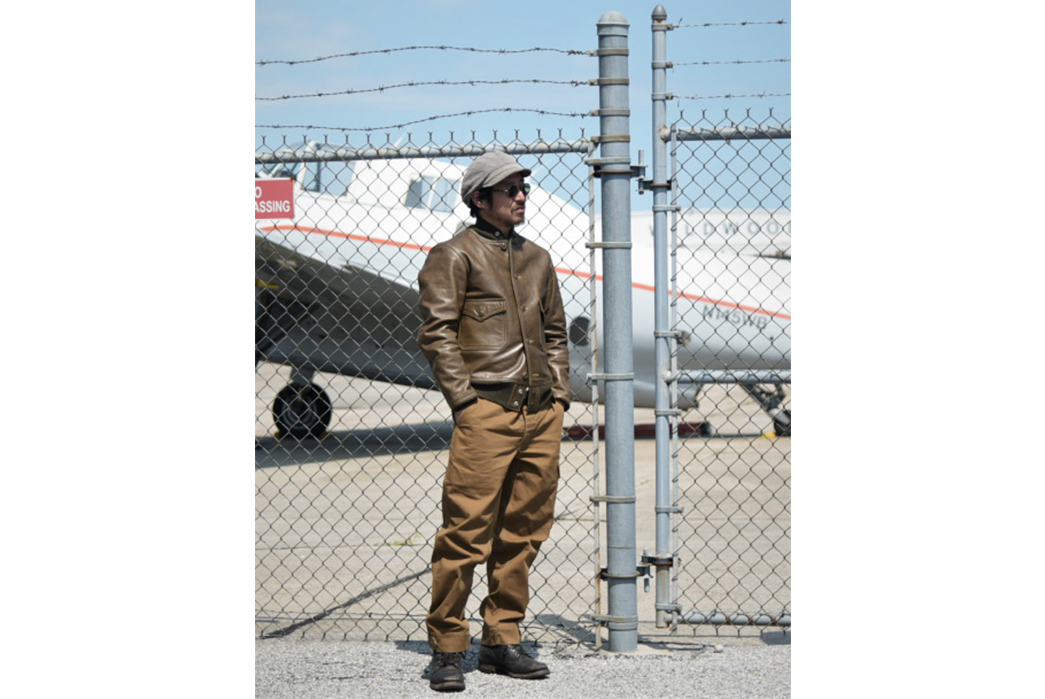
Cutting his teeth in his early twenties at The Real McCoy’s, designer Atsushi Yasui was instrumental in creating some of The Real McCoy’s most well-known garments. But the strict designs of reproductions would leave Yasui-san unfulfilled and he eventually left to start a brand with his friends called The Bootleggers. The brand would find its own success in Japan with some of their designs reaching incredible re-sell value. Though the brand no longer exists, it was actually renamed to Freewheelers.
The concept of the brand understandably harkens back to simpler times, when American-made garments were “functionally orientated and completely tough” as their website puts it. Whether this was workwear, outdoor clothing, sportswear or military uniform, for the creators of Freewheelers, it is the brutal simplicity and practicality of these items which serve as the central reference point for their product offering. In their own words, they “want to recreate the spirit of craftsmanship fostered in the process of making America”. Quite the tall order for one brand from Tokyo.
For any reader who is familiar with vintage garments or not, it’s clear to see that turn of the century workwear, an old leather motorcycle jacket or a military field uniform inspire the brand’s offering. But what makes Freewheelers distinct, is their interpretation. Whilst they admittedly don’t prescribe to a particular era, the brand is particularly taken by the Beat Generation due to their open and stark words which still resonate today. And whilst Kerouac, Ginsberg, and Burrows were unlikely to be familiar with their impact on Japanese heritage wear, there is undoubtedly a connection to a simpler time when America was still discovering its identity.
With such a diverse and detailed offering, it’s easy to be overwhelmed by the complexity of the brand. But we’ve done the hard work for you and highlighted a few key pieces alongside an overview of the Freewheelers enterprise.
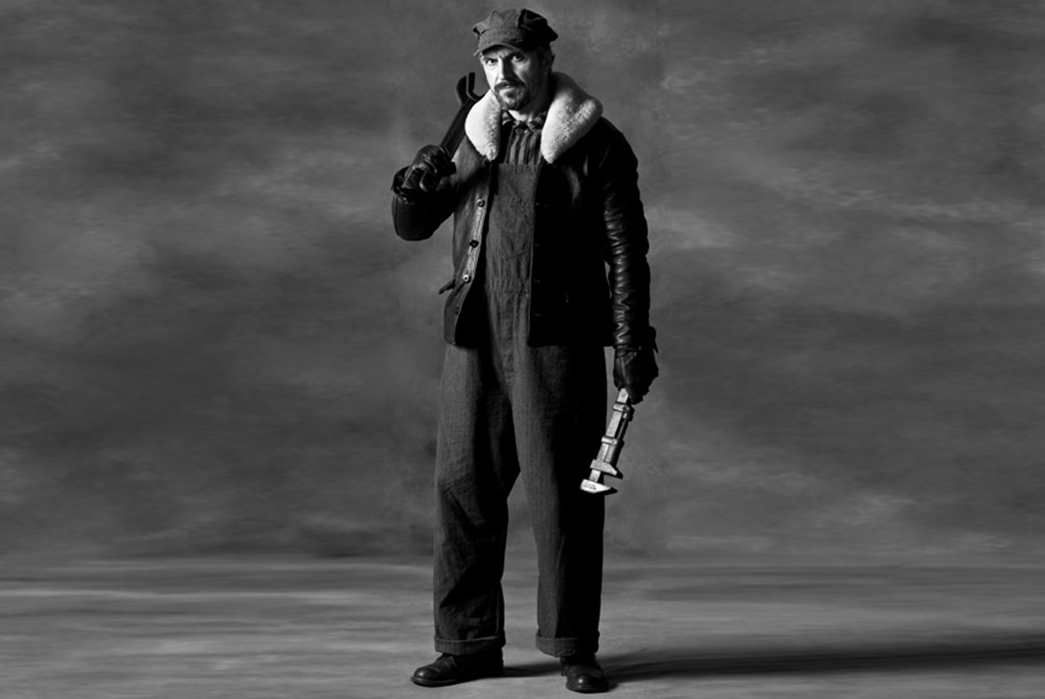
Freewheelers has a number of sub-brands including: Great Lakes Gmt. Mfg. Co., The Union Special Overalls, Neal Cassidy Railroad, The Vanishing West, Power Wear, Hipsters Reunion, Hobo & the Trucking Co. and Hall of Fame. Each of these brands has a distinct backstory and aesthetic which is carefully considered and intentionally romanticized in a textbook Japanese fashion.
Great Lakes Gmt. Mfg. Co. reflects on the pioneers who left the East Coast and were fascinated with the vast expanse of America as they moved West. The line references classic workwear silhouettes and hard-wearing fabrics.
Union Special Overalls draws on the style and grit of hard-working railroad builders that helped found America as it expanded towards the West with the invention of the railroad. Expect to see plenty of denim, cotton duck, wool fabric and indigo cloth in this collection.
Neal Cassady Railroad references a similar period to Union Special Overalls, but highlights the soot-covered leather jackets and work shirts of daredevil brakemen and locomotive drivers of the gold-rush.
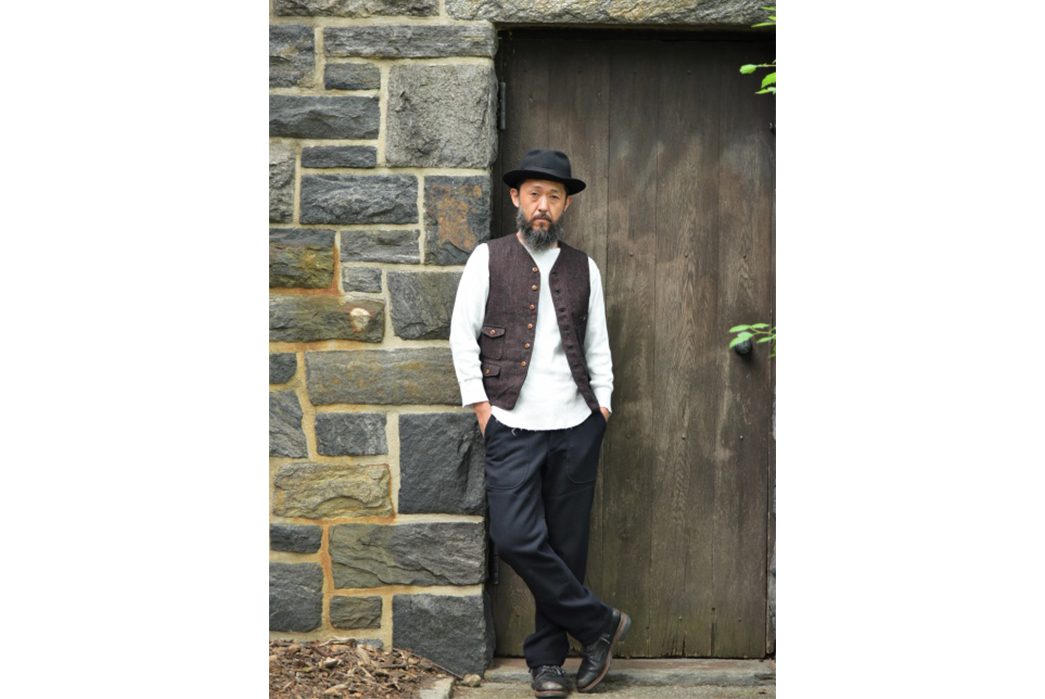
Alternatively, The Vanishing West pays homage to the cowboys, gold miners, gunslingers and outlaws of the American West. Denim forms the backbone of this line, but is supported by shirting and leather jackets.
Power Wear provides the kind of Japanese staples which we’ve come to expect from heritage perfectionists—classic American knitwear and sportswear. Faded sweatshirts, undergarments and printed t-shirts. These are the year-round staples you will want in your wardrobe.
Hipsters Reunion channels the revolution and rebellion of 1960-70s America with items inspired by the freedom of that period.
Hobo & the Trucking Co. references roadside America of the Depression era. But in contrast to other workwear inspired sub-brands of Freewheelers, the focus here is handmade accessories produced in small quantities. From a rough railroad switch lock to the legendary bluesman, Hobo & the Trucking Co. is an ideal partner for the Wabash stripe work shirt of Union Special Overalls.
Lastly, the Great American Clothing Hall of Fame is perhaps Freewheelers’ most iconic sub-brand. Items offered here area special lineup which recreates the charm of four original brands with their authentic trademarks. This includes Leather Togs Mfg. Co., Peter’s of San Francisco, Ironalls and Stifel. If you’re driven by detail, this is something you’ll want to obsess over.
As you would expect, many garments simply let the details do the talking. We’ve highlighted a few key items which we feel reflect the brand’s wider product offering.
Whilst Freewheelers is well known for their workwear garments, they are equally admired for their offering of leather jackets. Take the La Brea Jacket for example in ‘Rude Black’. The jacket is a Leather Togs Mfg. Co. item and is made from horsehide leather with a full wool lining. In addition, it features a Whizzer Zipper, D-pocket with hookless zipper, leather cinch strap and an adjustable waist belt.
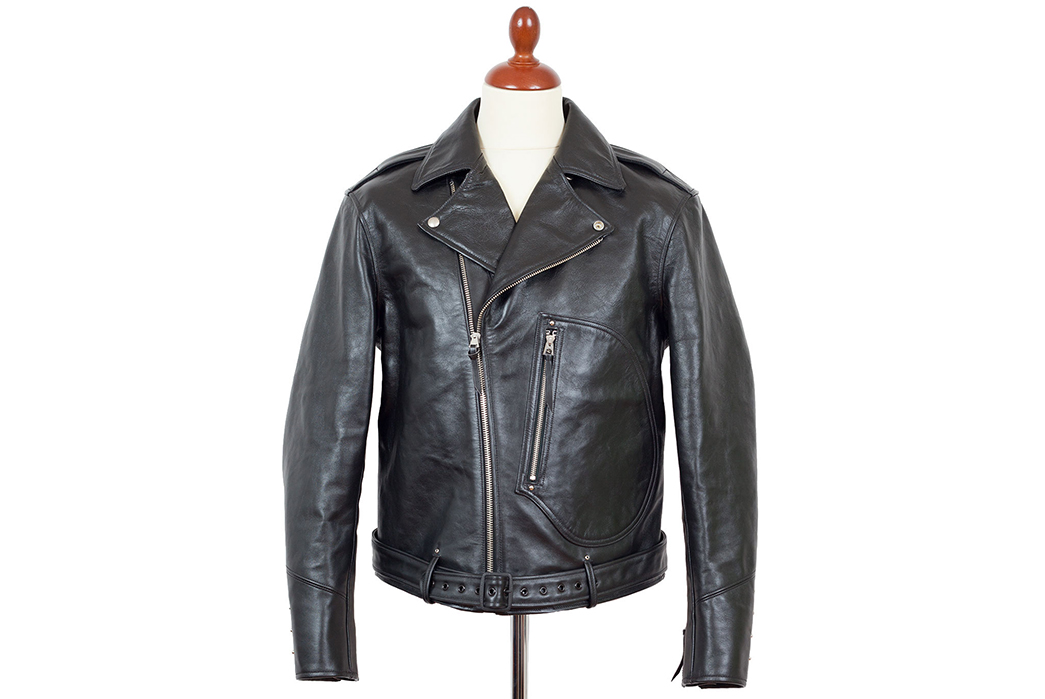
Another iconic piece from the brand would be their Gold Miner Overalls from the Union Special Overalls line. These trousers channel that classic late 1800s workwear styling and are made from a heavyweight cotton duck canvas. Made in Japan, they feature a cinch back, suspender buttons, single back pocket and intricate finishing details.
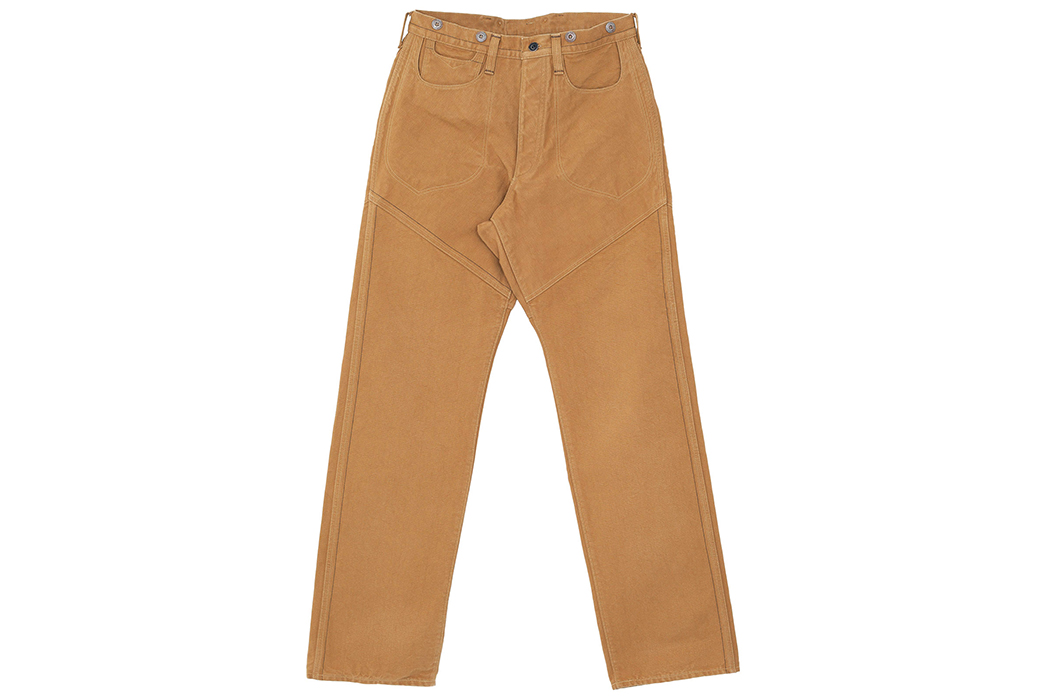
To complement any workwear outfit, readers may want to look at the Ironall work jacket from the Hall of Fame. Originally a pre-World War II workwear brand, this jacket is a 10oz. indigo one-wash with triple stitch seams, patch pockets and a chinstrap collar. This is a piece which is meticulously designed in order to capture the essence of what Freewheelers is all about; a nostalgic heritage offering using premium materials.
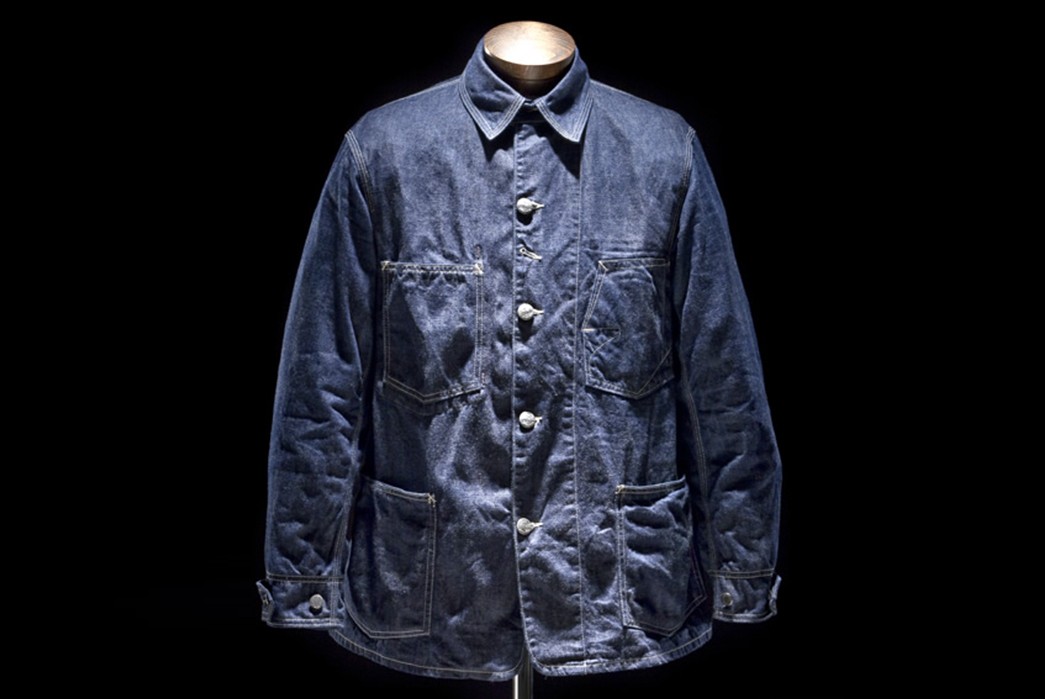
One drawback of the brand is its availability. Whilst some well-known stores (see below) do stock Freewheelers, don’t expect to find these items in every city. Some hardcore collectors of the brand will often proxy their items directly from Japan or use an international store, which can impact overall cost. As Freewheelers are about to celebrate their tenth anniversary in 2019, perhaps we’ll see a more substantial product offering within the US at select retailers.
Amongst a plethora of Japanese (and international) heritage brands, it is easy for the customer to feel overwhelmed and not know which direction to go in, when looking for that D-pocket leather jacket or workwear overall. What sets Freewheelers apart is not only their eye for detail, but their contemporary interpretation, without loosing the essence of originality.
To find out more about the brand, head over to the Freewheelers website for further information or shop Freewheelers at Pancho & Lefty Shop or Son of a Stag.
